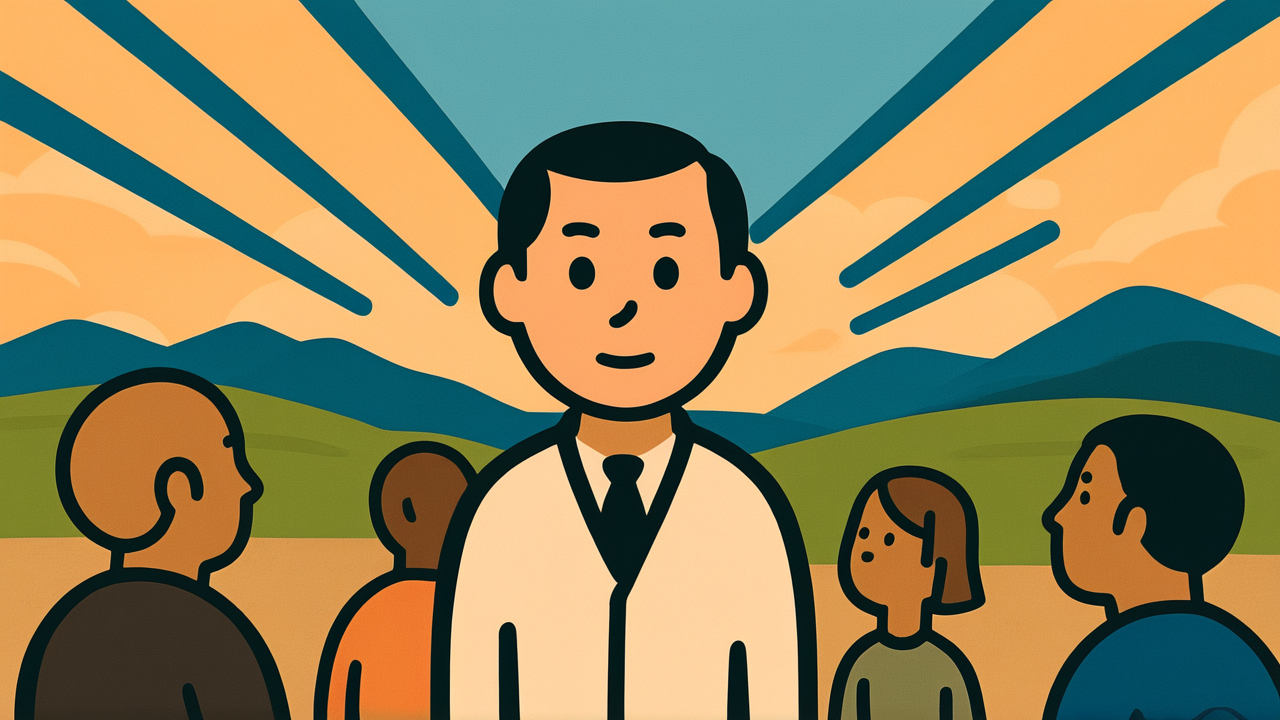How to Read “天知る地知る我知る人知る”
Ten shiru chi shiru ware shiru hito shiru
Meaning of “天知る地知る我知る人知る”
This proverb serves as a warning that even if you think no one is watching, wrongdoing will inevitably be discovered by someone, so you must not commit evil acts in secret.
It expresses that four entities – “heaven,” “earth,” “I,” and “people” – witness all actions. Even deeds performed in places where no human eyes can see are observed by the gods of heaven and earth, known by oneself, and will ultimately be discovered by people as well, teaching that one should always act righteously. This proverb is particularly used as self-admonishment when facing temptation or when the sweet thought “no one is watching” arises. It is also employed as a warning to those who would commit wrongdoing. Even today, this phrase is sometimes quoted when explaining the importance of human conscience and moral principles.
Origin and Etymology
This proverb originates from a historical account recorded in the Chinese classic “Book of the Later Han” about a person named Yang Zhen. Yang Zhen was known as an incorruptible and upright official during the Later Han dynasty.
One night, a person named Wang Mi visited Yang Zhen and attempted to offer him a bribe, reasoning that no one would notice in the darkness. Wang Mi said, “It’s the middle of the night and no one is watching, so it’s fine.” However, Yang Zhen replied, “Heaven knows, earth knows, you know, I know. How can you say that no one knows?” and firmly refused the bribe.
This historical account was transmitted to Japan and became established as the proverb “Heaven knows earth knows I know people know.” The “people know” portion is thought to have evolved from the original “you know” in the Chinese text to “people know” in Japan. It has been passed down as a moral admonishment containing the lesson of Yang Zhen’s noble character and the teaching that hidden wrongdoing will inevitably be exposed.
Usage Examples
- Every time I see political corruption scandals, I remember the phrase “Heaven knows earth knows I know people know”
- When a subordinate proposed expense fraud, I declined, saying “Heaven knows earth knows I know people know”
Modern Interpretation
In modern society, the meaning of this proverb has become more realistic and urgent. With the development of digital technology, all actions are now recorded and traceable, making the lesson that “hidden wrongdoing will inevitably be exposed” a literal reality.
Surveillance cameras, digital payment records, social media posts, location data – our actions are constantly recorded in some form. Cases of corporate accounting fraud, politicians’ slush fund problems, individual harassment – incidents that were once thought to occur in places where “no one was watching” are increasingly being brought to light through whistleblowing and digital evidence.
On the other hand, concerns about “surveillance society” are also growing in modern times, making the balance between privacy protection and transparency an important issue. The “constantly being watched” situation that this proverb indicates promotes moral self-restraint, but many people also find it suffocating.
However, essentially, this proverb does not teach fear of external surveillance, but rather the importance of acting according to one’s own conscience. In our modern age where information spreads instantly, the importance of each individual maintaining high ethical standards may be increasing.
When AI Hears This
The hierarchy in “Heaven knows, Earth knows, I know, people know” resembles the blueprint of a modern digital surveillance system.
Heaven occupying the highest position meant “an absolute perspective that sees through everything” in ancient China. This bears a striking resemblance to modern cloud servers and big data analysis systems. Google and Amazon’s data centers continue recording our actions as the modern equivalent of “Heaven.”
The next level, “Earth,” refers to all physical environments. In ancient times, people believed the earth remembered human footprints. Today, security cameras, GPS, and IoT sensors fulfill this role. Street corner surveillance cameras watch us for approximately 8,760 hours per year by calculation.
“I” represents one’s own conscience, but what’s interesting is that it’s placed above “people.” This means “you know best before others find out,” which overlaps with modern self-disclosure behavior on social media. We tend to post our secrets ourselves before others point them out.
“People” at the bottom represents social surveillance, which is exactly like modern review systems and the reputation economy. Both in ancient times and today, this four-layer structure completes the “sense of being watched.”
Lessons for Today
What this proverb teaches modern people is that true integrity is demonstrated precisely when no one is watching. Rather than doing good things to get “likes” on social media or to be evaluated favorably, it reminds us of the importance of quietly practicing what we purely believe is right.
In modern society, we tend to fall into the thinking that “it’s okay if we don’t get caught.” But what’s truly important may be living in a way that satisfies ourselves, not worrying about others’ eyes. Not telling small lies, keeping promises, extending a helping hand to those in trouble – the accumulation of such daily actions ultimately creates trustworthy people.
This proverb gives us an opportunity to reexamine our own “authentic integrity.” We don’t need to be perfect. We just need to continue making choices that don’t shame our conscience. That may be the first step toward a fulfilling life.



Comments